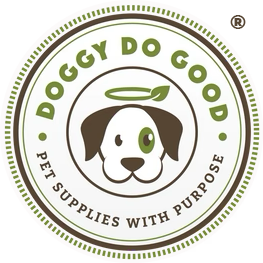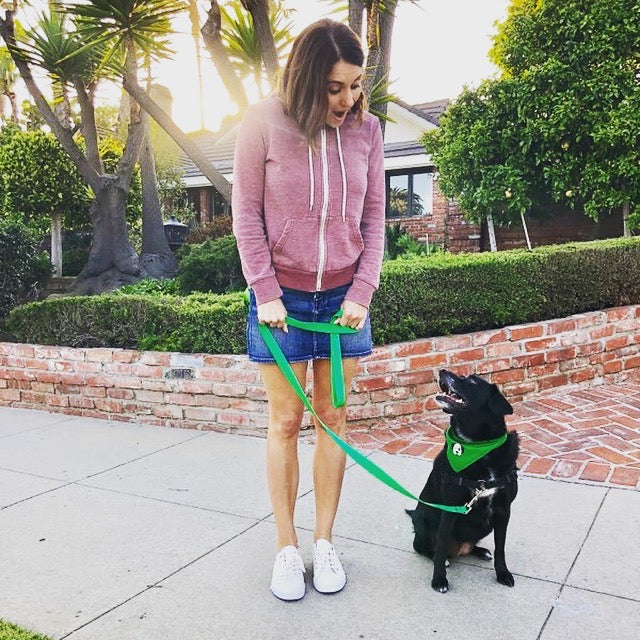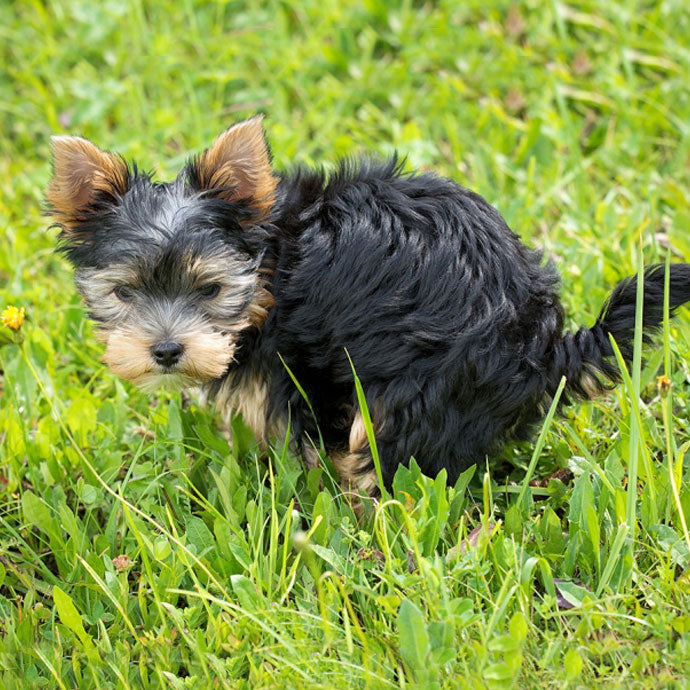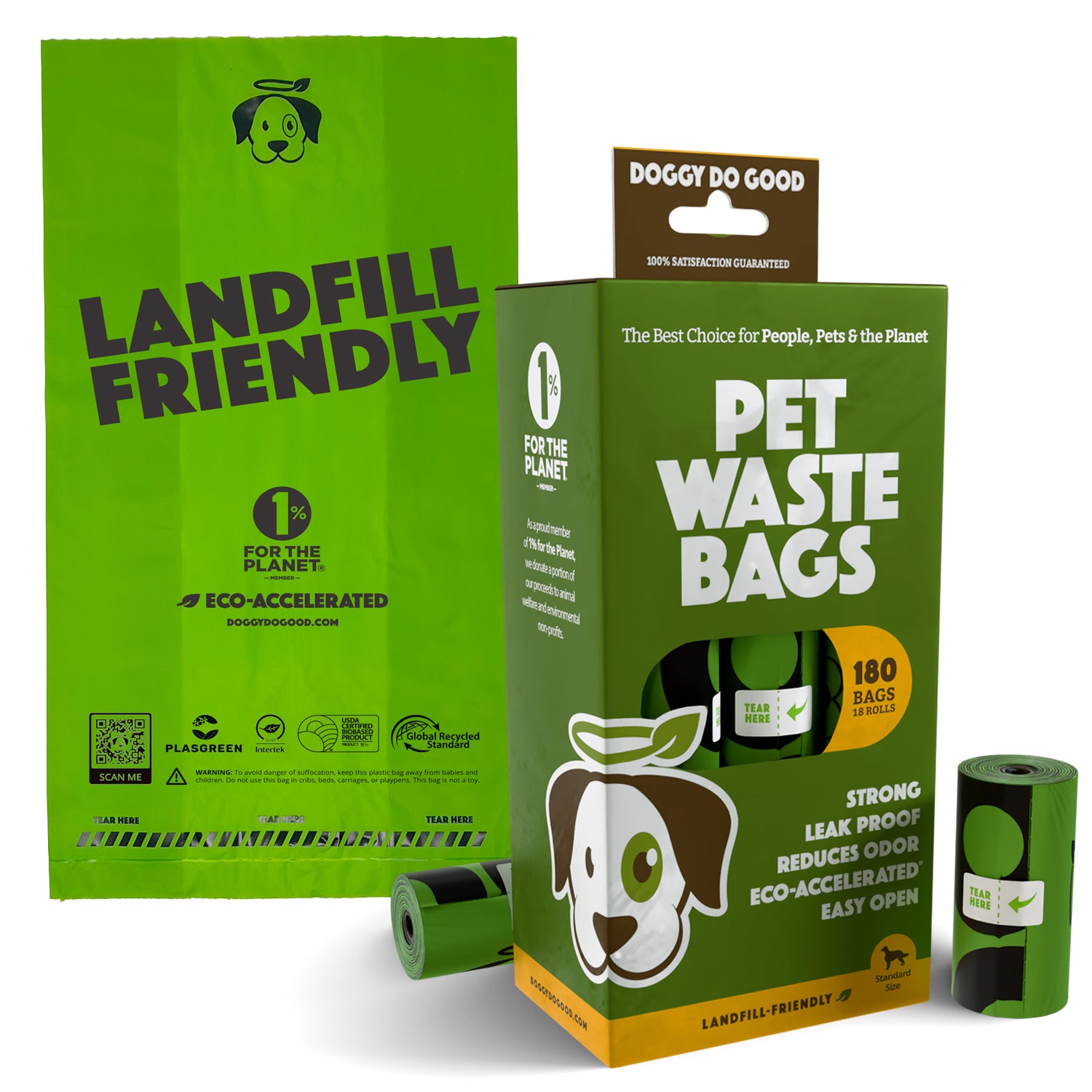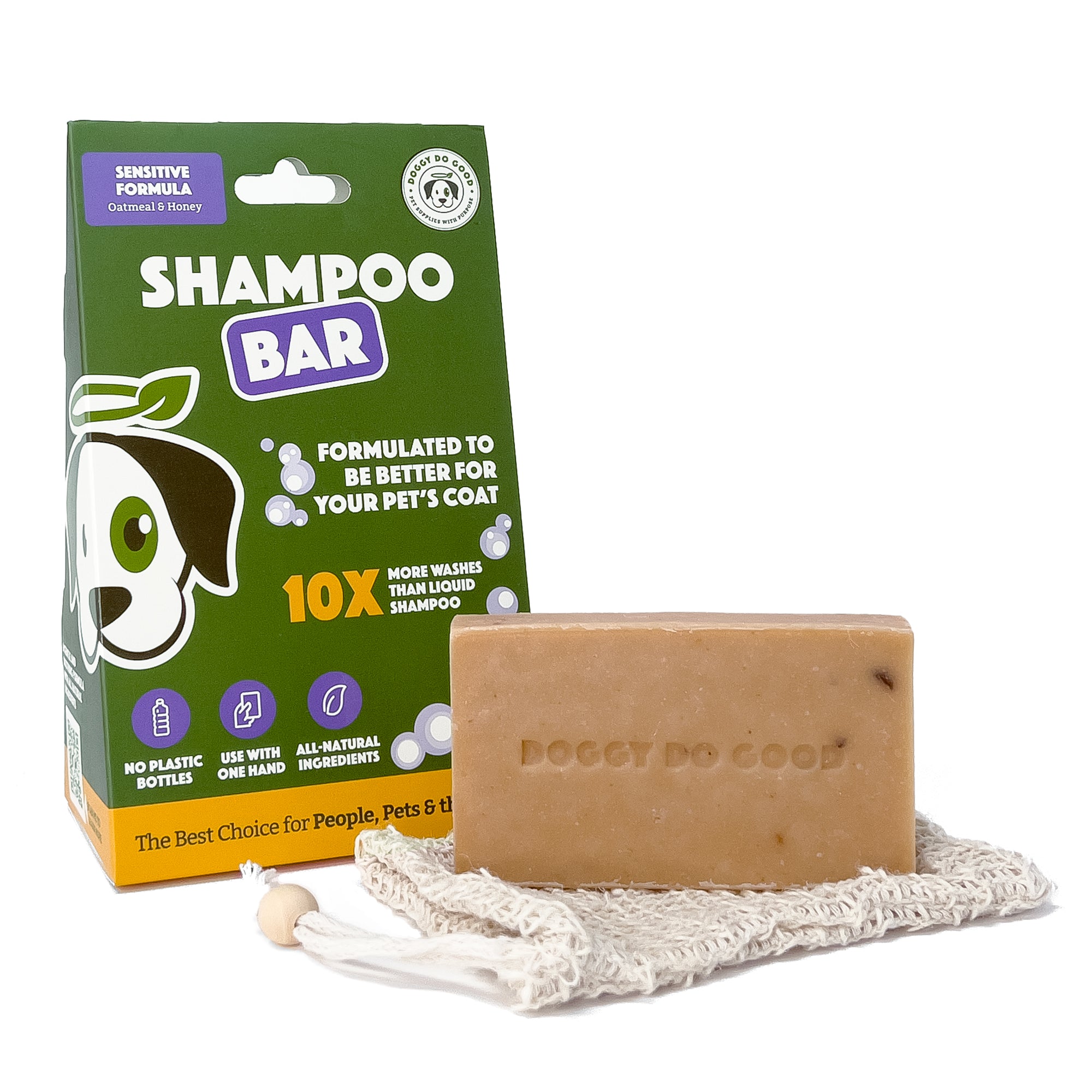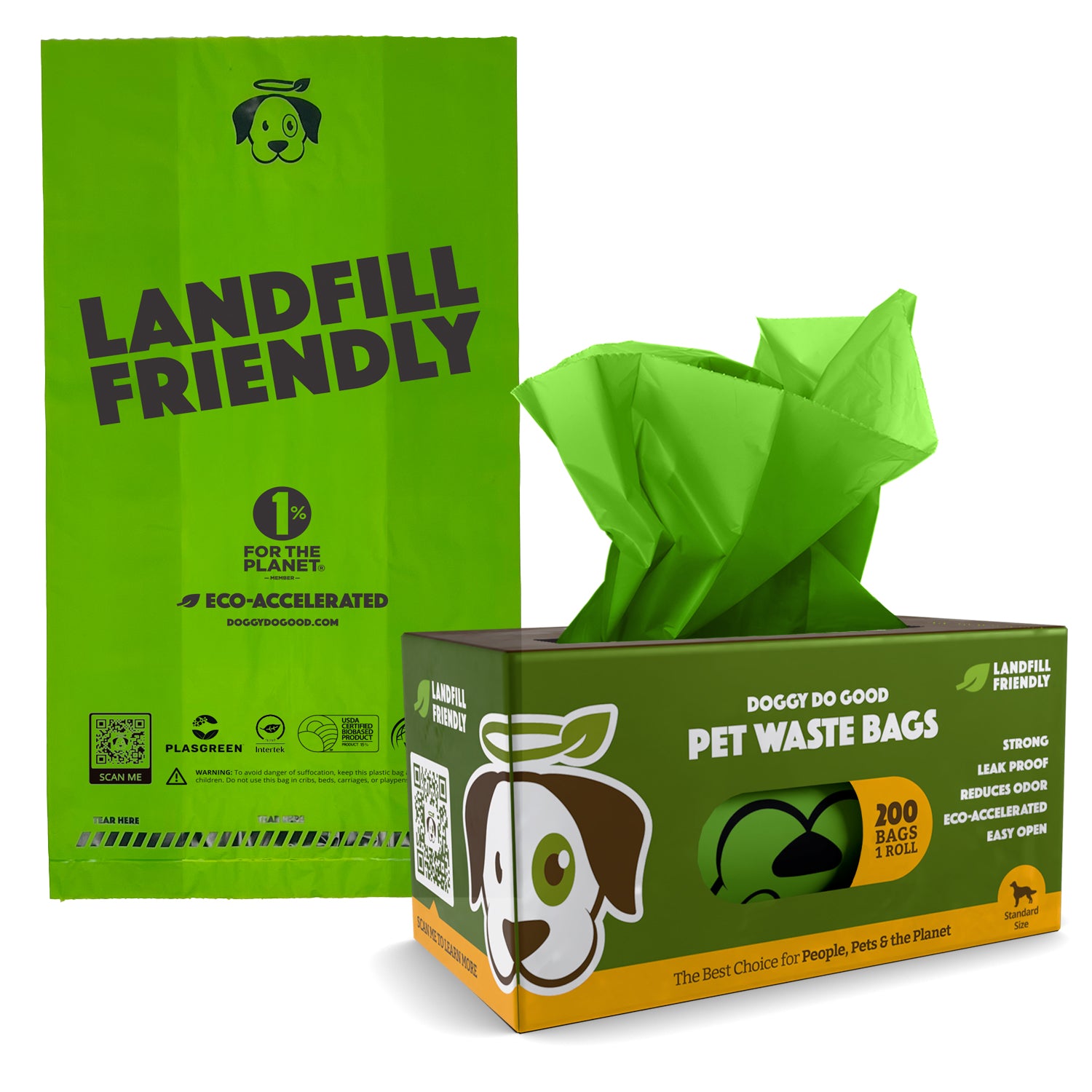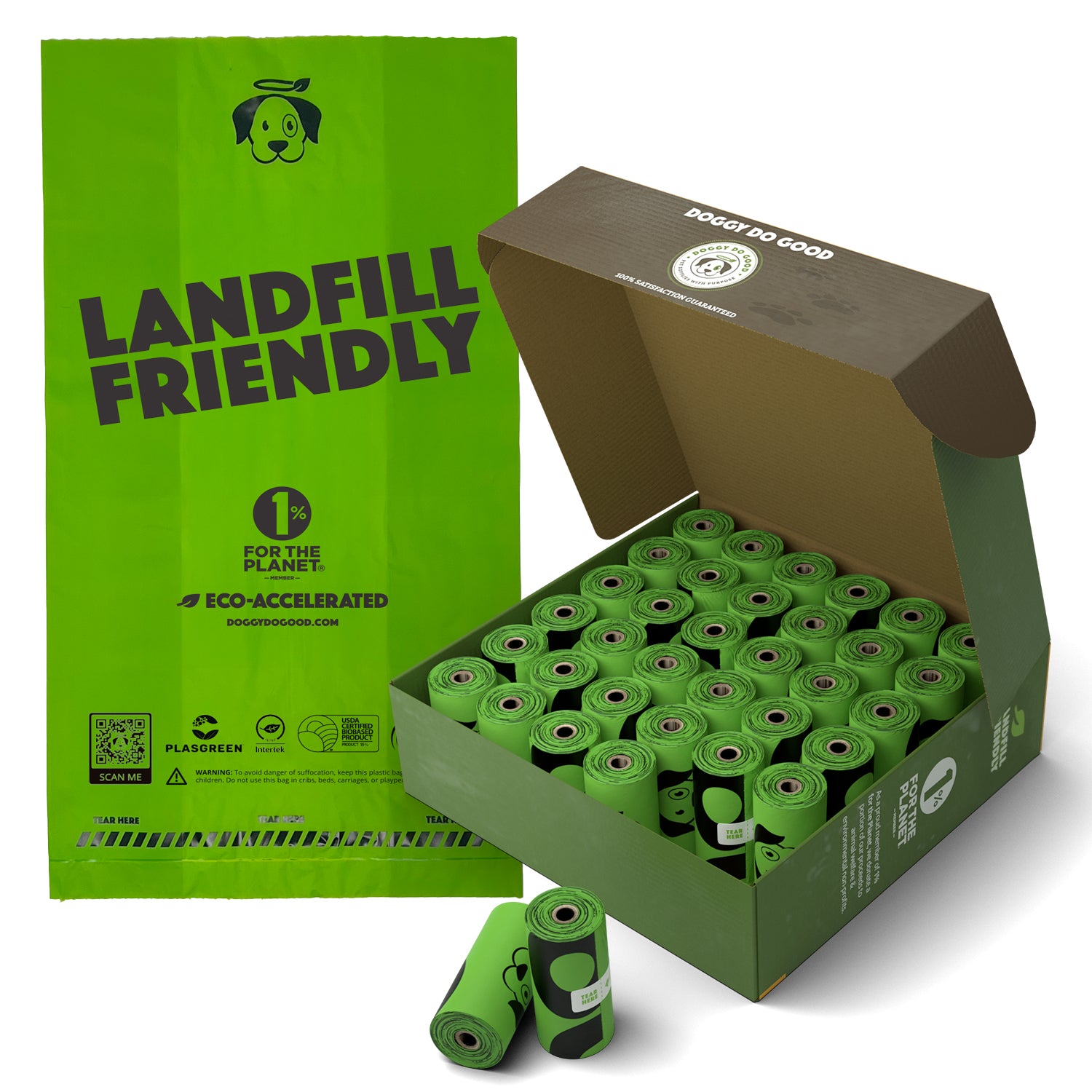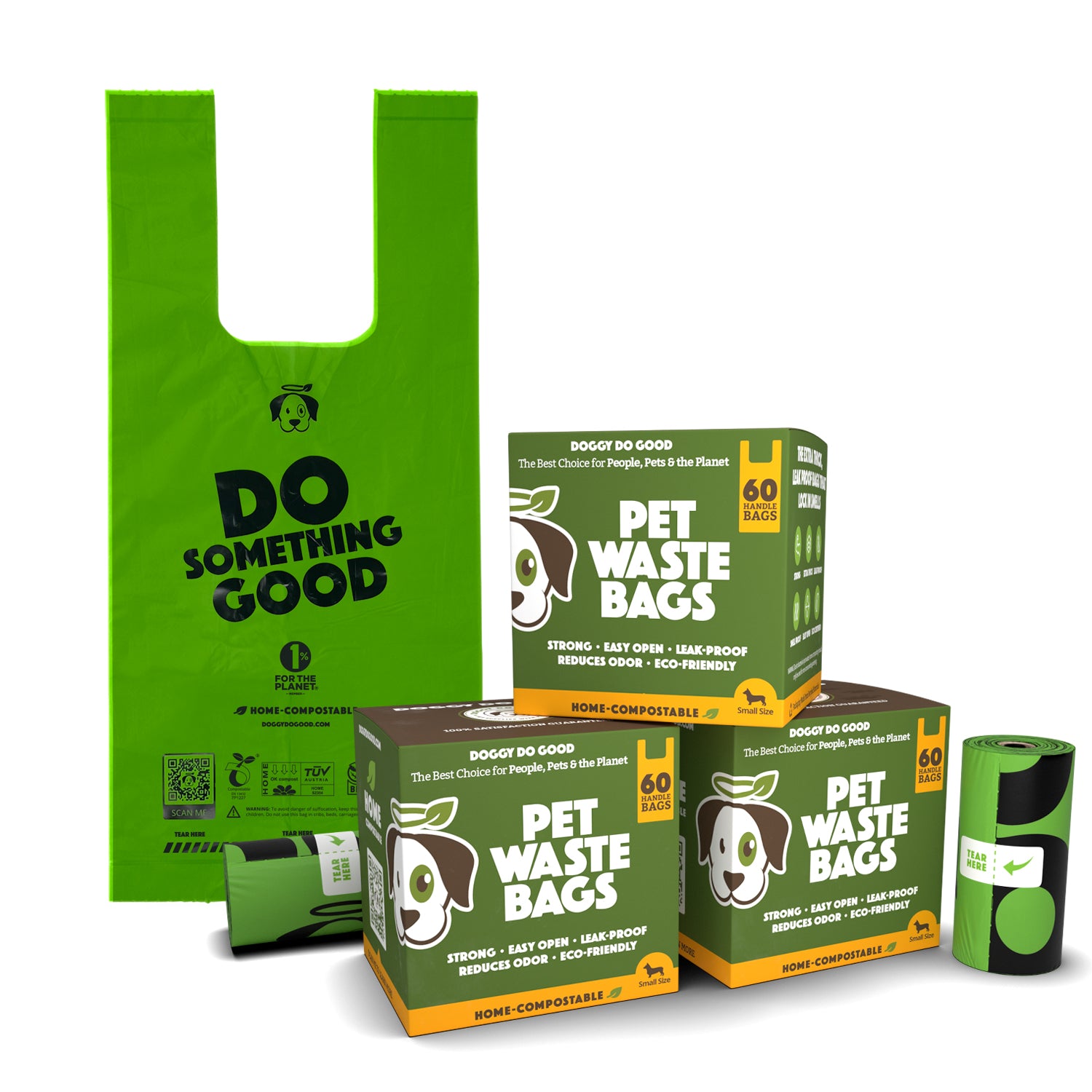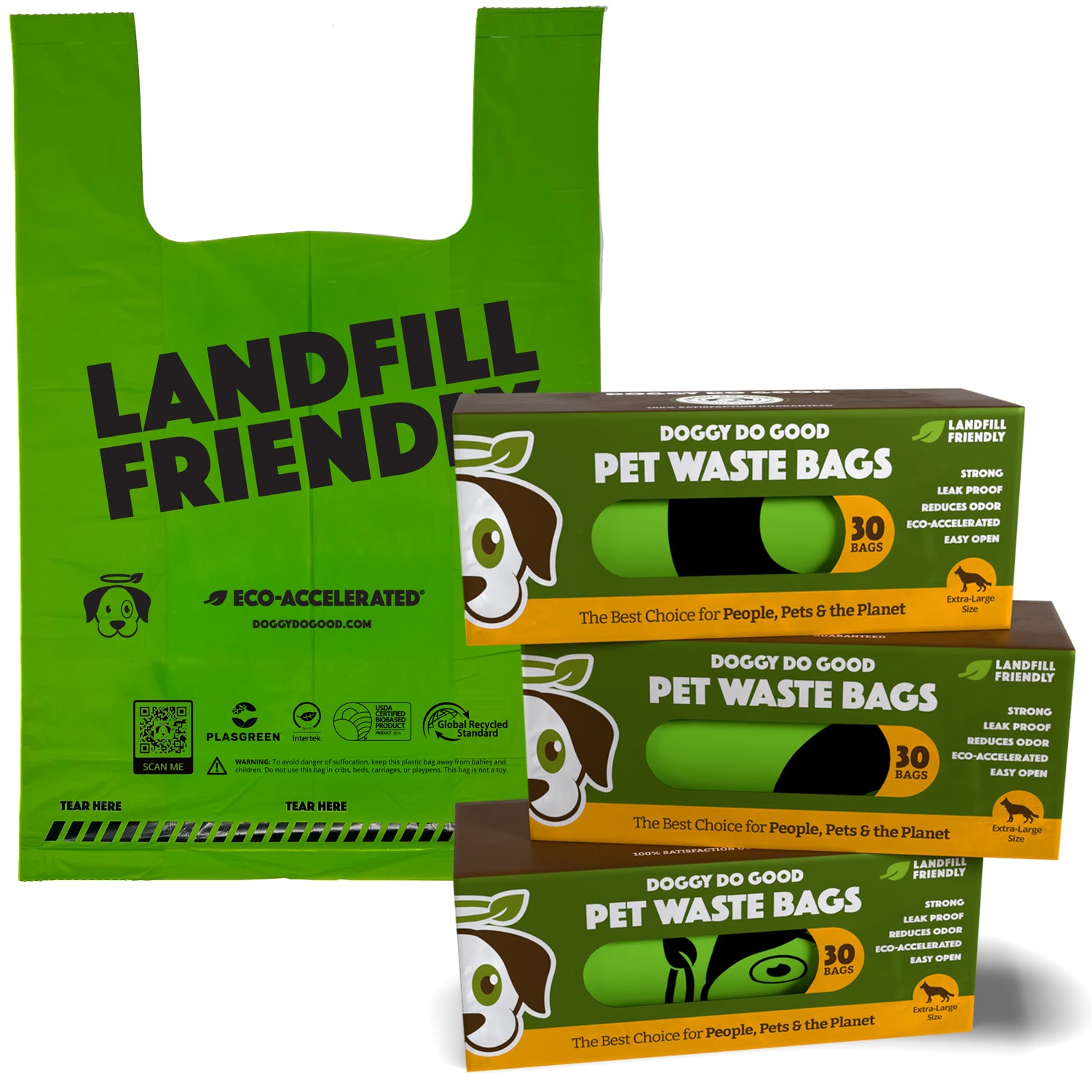
Responsible dog owners pick up after their pets in public places. However, there are times when owners neglect to pick up their dog's waste, perhaps they are in a rush, don’t have poop bags, or they don’t see why it’s so important. And because of this, you’ve probably stepped in more than your share of undisposed dog poop. Chances are you’ve stepped in dog poop and not even been aware of it until you smell it wafting through your car. This is just one of many reasons why it is so important to clean up after your dog. Here are a few more.
Here are 4 Reasons Why Picking Up After Your Dog is More Important Than You Think!!
1. IT WILL NOT BREAKDOWN ON ITS OWN
If you believe that dog poop will break down or just wash away, you're wrong. Dog waste can take up to 12 months to fully break down. Plus, when rainwater washes over dog poop, it flows into the drainage systems. Then the contaminated water is carried into lakes, streams, and rivers. What this means is the next time you go swimming in your favorite spot, you could be swimming in fecal water. Studies have shown that up to 30% of bacteria found in watersheds come from pet waste!
According to livescience.com America's 83 million pet dogs produce about 10.6 million tons of poop every year!
2. DISEASE-CAUSING BACTERIA AND PARASITES
The parasites and bacteria in dog waste can spread disease to other dogs and even you if not properly picked up. E. coli and salmonella are some of the bacteria which are carried in dog waste. Even if your dog does not show symptoms of being sick their waste can carry diseases that are harmful to humans and other pets. Plus, Coronavirus, Giardiasis, Parvovirus, Cryptosporidiosis, Salmonellosis, and Campylobacteriosis, along with several types of worms like ringworm and tapeworm.
The parasites and bacteria can stay in the soil for years. By not picking up after your dog, you're putting other people's pets at risk for exposure to harmful bacteria. Children who play outside and gardeners are at the most risk for contamination.
This harmful bacteria also affects water quality. There are nutrients and pathogens that can pollute the water if the poop is not disposed of correctly. When your furry best friend does his business and the waste ends up in the water, it decomposes and releases harmful nutrients that will cause excessive growth of algae and weeds in the water. The water will become smelly and unusable for locals to swim, fish, or boat in. When water is polluted with this kind of waste it can cause severe illness for humans.
You should avoid letting your dog poop within 200 feet of a body of water and remember to never throw dog waste into a storm drain.
3. IT’S COMMON COURTESY TO PICK UP AFTER YOUR DOG
Picking up after your dog is not only common courtesy but your duty as a pet owner. When feces is left lying in yards, grassy areas, parks, and even the sidewalk the smell can quickly become overwhelming! IT STINKS! When you take your dog for a walk away from your home, you are entering public property. Because you own your dog, what waste your dog makes is your responsibility to pick up. It is even the law to clean up after your pet in some urban and suburban areas. Plus, it’s just good manners.
While it may be convenient to re-use plastic grocery bags, a more environmentally-friendly option is biodegradable baggies made specifically for the job.
4. DOG POOP IS NOT A FERTILIZER
If you think, as many people do, that dog waste is a natural fertilizer, think again. Since most dogs' diets are high in protein, it has the reverse effect of fertilizer. Dog poop is exceptionally high in nitrogen and phosphorus, so if you let your dog’s waste lay in your grass, it can actually cause burns in your lawn. Since it’s so acidic, it will kill your grass if it isn’t picked up.
Dog waste isn’t the same as cow manure since cows eat plant matter. While cow poop can be used as compost in gardens and fields. In fact, dog poop can contaminate fruits, vegetables, and surrounding areas with harmful bacteria if not composted properly.
You might think that your dog’s poop cannot do much harm. However, it can throw off the balance of an ecosystem especially in heavily populated areas. An ecosystem can handle about two dogs per square mile. However, in many cities, there are close to 125 dogs per square mile! Which is plenty to throw off an ecosystem especially if some owners are not picking up pet waste on a regular basis.
Now let’s Talk Plastic…
It’s pretty well established that plastic bags are a major source of waste that inflames the Earth’s tremendous plastic trash problem that has many negative side effects on the environment. In the United States alone we use about 14 billion plastic bags annually. When these bags are pushed into the environment they have devastating effects on wildlife, ecosystems, and soils. So, why are we still using them to pick up our pet’s poop? There are many ways you can dispose of pet waste but the best option is home-compostable pet waste bags. These types of bags are durable and won't leak, tear, or break.
Compostable poop bags can be made in part from corn starch, an annually renewable resource, and other bio-based proprietary components. The bags will break down in a properly managed home compost within 6-12 months.

The time to break down could vary depending on several factors like temperature, oxygen levels, and micro-organisms. Remember, due to the possible bacteria and parasites, dog waste is not safe to use in compost that will be used for edible vegetation or agriculture. It is completely safe for other uses like flower gardens and lawn soil, however. So be sure to use separate composting for each. Using home-compostable pet waste bags and composting them properly, will help keep landfills free from plastic and keep our neighborhoods clean.
Learn more about Home Composting with Doggy Do Good here.
Remember, cleaning up after your dog is not only common courtesy but safer for both you, your pet, and your community.
--
About the Author:
Abi Pennavaria is a dog mom, avid vet volunteer, and co-author of Saved By The Bark blog. She enjoys sharing tips and tricks for dog owners of all breeds.
